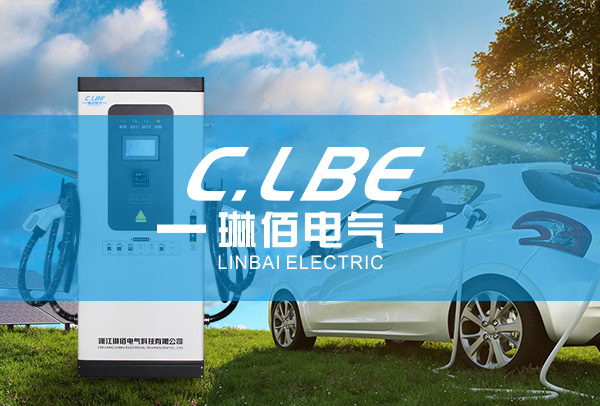
12-07 2021
Development Of 1500v Related Photovoltaic Products Is Already A Trend
Photovoltaic components and electrical equipment in current solar photovoltaic systems are designed and manufactured based on the DC voltage requirements of 1000V. In order to achieve a better yield of photovoltaic systems, a breakthrough is urgently needed in the case of reduction of photovoltaic subsidies for its power generation costs and efficiency. Therefore, the development of 1500V related photovoltaic products has become a trend. 1500V high-voltage components and supporting electrical equipment means lower system costs and higher power generation efficiency. Introducing this new equipment and technology can make the photovoltaic industry gradually get rid of dependence on subsidies and achieve parity on-line access at an early date. 1500V requirements for solar photovoltaic modules, inverters, cables, combiner boxes and system optimization "
The relevant core equipment of the 1500V system is shown above. The requirements of 1500V for each device have also changed accordingly:
1500V component
• The layout of components is changed, which requires higher creepage distance of components;
• Component material changes, increasing material and testing requirements for the backplane;
• Increased test requirements for component insulation, voltage resistance, wet leakage, and pulse;
• The component cost is basically flat and the performance is improved;
• There are currently IEC standards for 1500Vdc system components. Such as IEC 61215 / IEC 61730;
• 1500Vdc system components of mainstream manufacturers have passed relevant certifications and PID performance tests.
1500V DC cable
• There are differences in insulation, sheath thickness, ellipticity, insulation resistance, thermal extension, salt spray and smoke resistance test, and beam burning test.
1500V combiner box
• Test requirements for electrical clearance and creepage distance, power frequency voltage and impulse withstand voltage, and insulation resistance;
• There are differences in lightning arresters, circuit breakers, fuses, wires, self-powered sources, anti-reverse diodes, and connectors;
• Standards for combiner boxes and key components are in place.
1500V inverter
• Lightning arresters, circuit breakers, fuses, and switching power supplies are different;
• Insulation, electrical clearance, and breakdown discharge caused by voltage rise;
• 1500V voltage level has been covered by relevant IEC standards.
1500V system
In the design of 1500V system strings, the components of each string of the 1000V system used to be 18-22, and now the 1500V system will greatly increase the number of components in series to 32-34, making multiple strings less and becoming a reality .
Current photovoltaic power generation system, DC-side voltage 450-1000V, AC-side voltage 270-360V; 1500V system, the number of single string components increased by 50%, DC-side voltage 900-1500V, AC-side 400-1000V, not only the DC side line loss decreases The line loss on the AC side has dropped significantly. 1500V requirements for components, inverters, cables, combiner boxes and system optimization "
In terms of inverters, 1MW centralized inverters were used in the past, and now they can be expanded to 2.5MW inverters after using a 1500V system; and the rated voltage of the AC side is increased. Inverters of the same power and AC side The reduced output current helps reduce the cost of the inverter.
Through comprehensive calculations, after the technical improvement of the 1500V system, the overall system cost can be reduced by about 2 cents, and the system efficiency can be improved by 2%. So the application of 1500V system is of great help to reduce the system cost.
By using a 1500V system, the number of components in series increases, the number of parallel connections decreases, the number of cables decreases, and the number of combiners and inverters decreases. The voltage is increased, the loss is reduced, and the efficiency is improved. Reduced installation and maintenance workload also reduces installation and maintenance costs. This can reduce the cost of electricity LCOE value.

